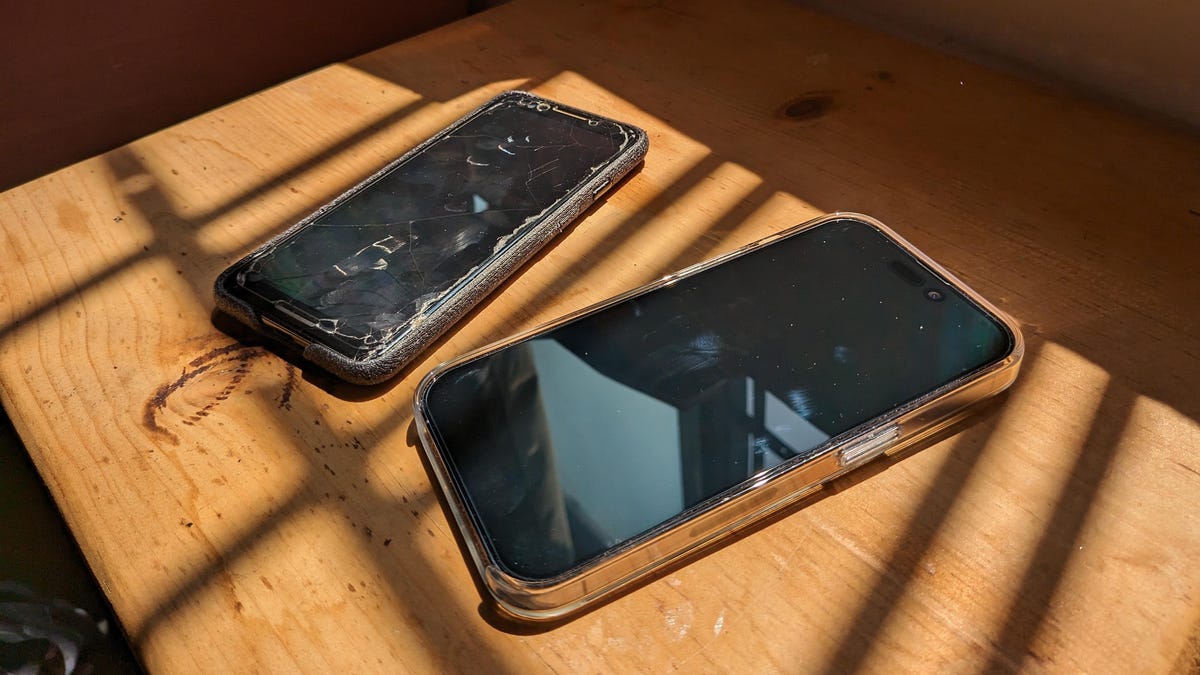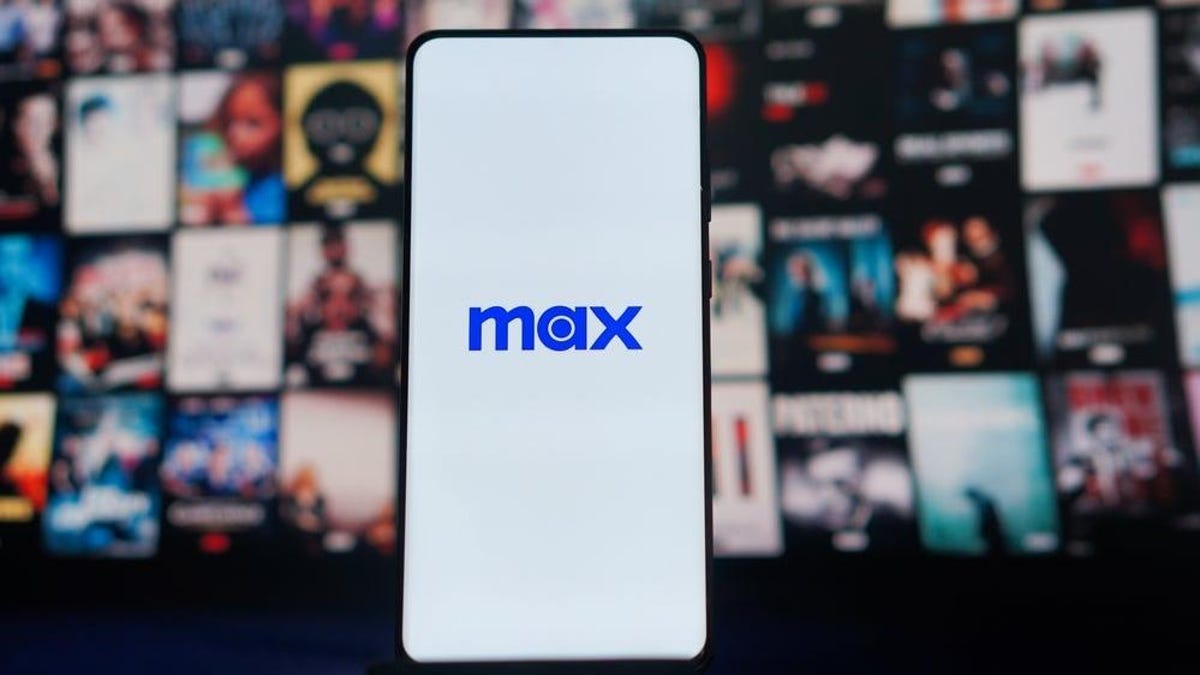
Waymo only just reached Los Angeles earlier this year, but that isn’t stopping it from expanding further. The company is expanding its Waymo One ride-hailing service to Austin. The first phase starts this fall, with completely driverless operations and public rides coming in the months ahead. The coverage will be “truly useful,” Waymo claims — it should cover major stretches of the Texas capital, including the downtown core as well as well-known areas like Barton Hills and Hyde Park. You can join a waitlist today.
The deployment is a homecoming of sorts, as Waymo chose Austin to conduct some of its first self-driving tests beyond its hometown of Mountain View. The company also made history by offering the first completely autonomous ride on public streets in 2015. The Alphabet-owned brand has been testing its self-driving SUVs in the city since the spring.
Austin will represent the fourth city to get Waymo One following Phoenix, San Francisco and Los Angeles. The firm is also operating in New York City, although it hasn’t announced plans to offer commercial service in the region. While rides have typically only been available in limited sections of these cities, Waymo recently doubled its operational area to include larger swaths of the Phoenix area and San Francisco.
The announcement reflects Waymo’s strengthened focus on ride-hailing. The company recently pushed back its autonomous trucking plans to help it concentrate on passenger service. Waymo wants One to be a commercial hit first, and that means expanding operations as well as securing permission to take paying customers. There’s pressure to move quickly when competitors like Cruise and Aurora are testing in Texas.
There are some obstacles to overall growth. Officials want to stop or slow robotaxi deployments in San Francisco over safety concerns, for instance. Vehicles from Waymo and GM’s Cruise have blocked traffic, interfered with first responders and otherwise created issues. Other cities and states haven’t greenlit self-driving cars, either. Texas’ openness to the technology may help, though, and Waymo notes that Austin’s rapidly growing economy (the second-fastest for a major US city) could help its chances.





